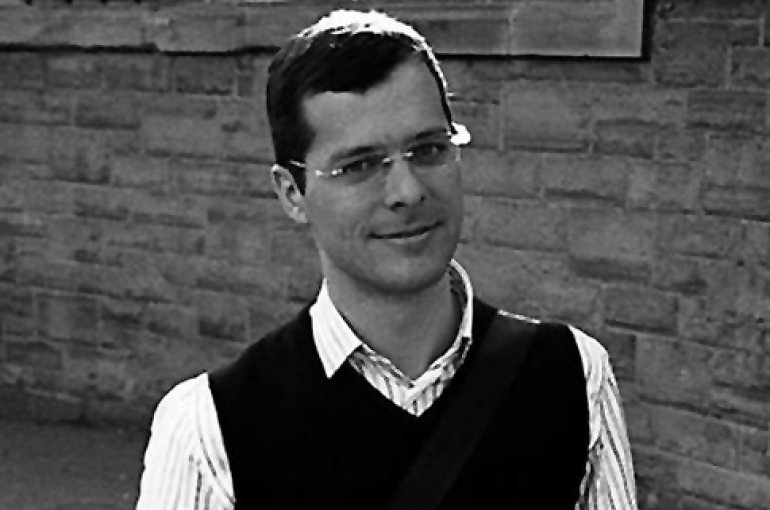Christian Lange receives 2 million euros to study the senses in Islam

Prof. Christian Lange (Islam and Arabic) was awarded a Consolidator Grant for his project SENSIS (‘The senses in Islam’). The aim of SENSIS is to write a cultural history of the senses in Islam, by examining how over the centuries the senses have been conceptualised, and calibrated, in a variety of Muslim literary traditions: the legal literature, Islamic philosophy and theology, and Arabic and Persian poetry.
Calibrating the senses in Muslim cultures
Sensory perception is not only a physical but also a cultural act: how people experience and understand sight, sound, smell, taste, and touch differs according to the historical, geographical, social and intellectual contexts in which perception occurs. For example, the regulations concerning vision (what are Muslims allowed to see, what not, and under what circumstances?) illustrate how Muslim culture informs perception by the sense organs, but the other four senses operate under similar, historically grown conditions and framings. How, then, are we to conceive of the Muslim sensorium, past and present?
Western perceptions of the Muslim sensorium
The topic is timely and important because questions relating to the sensorium inform, and often complicate, intercultural encounters as well as inner-Muslim debates over identity and alterity - debates about what Muslims regard are ‘properly’ Islamic ideas and practices involving the senses, about how these are different from those of other cultures, and about how they can or cannot be fitted into the context of current Western societies (think of issues such as touching or shaking hands between Muslims and non-Muslims, the Muslim call to prayer, or the veil).
Researchers studying the history of the senses (a relatively young, but growing field in the humanities) have suggested that Islam restricts, or even denigrates vision, comparing the Muslim protocol of vision to the modern ‘scopic régime’ of the science-driven, capitalist, and liberal West. At the same time, historians of the Islamic world, but also the broad public, will often view the Islamic tradition as celebrating the senses, as in fact creating a sensory overload - notions of the sensuous Orient, of colorful Arabic and so abound. Both these assessments result in pernicious stereotypes, or at the very least, in overly simplistic characterizations of Islam, as opposed to Western culture.
These stereotypes deserve to be studied and debunked against the backdrop of what Muslims have actually thought and written about the senses in the course of the fourteen centuries of Islamic history. The European Research Coundil (ERC) has awarded a Consolidator Grant of 2 million euros to Christian Lange to conduct this research, set up his own team of researchers and study the senses in Islam during a five-year period (2017-2022).
Christian Lange
Christian Lange joined Utrecht University in 2011, after receiving his PhD from Harvard University in 2006 and working as a Lecturer in Islamic Studies at the University of Edinburgh (2007-11). His previous ERC project (2011-2015), on Islamic notions of the afterlife, resulted in various dissertations, edited volumes, and monographs, including his own Paradise and hell in Islamic traditions (Cambridge 2016), which recently won the BKFS Bookprize, the major European bookprize in Islamic and Middle Eastern studies.

